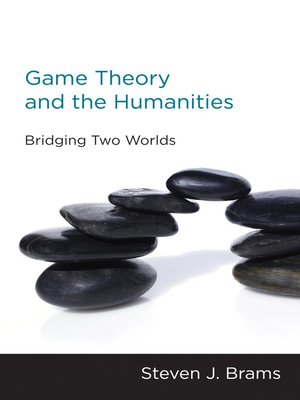
Sign up to save your library
With an OverDrive account, you can save your favorite libraries for at-a-glance information about availability. Find out more about OverDrive accounts.
Find this title in Libby, the library reading app by OverDrive.



Search for a digital library with this title
Title found at these libraries:
| Library Name | Distance |
|---|---|
| Loading... |
Game theory models are ubiquitous in economics, common in political science, and increasingly used in psychology and sociology; in evolutionary biology, they offer compelling explanations for competition in nature. But game theory has been only sporadically applied to the humanities; indeed, we almost never associate mathematical calculations of strategic choice with the worlds of literature, history, and philosophy. And yet, as Steven Brams shows, game theory can illuminate the rational choices made by characters in texts ranging from the Bible to Joseph Heller's Catch-22 and can explicate strategic questions in law, history, and philosophy. Much of Brams's analysis is based on the theory of moves (TOM), which is grounded in game theory, and which he develops gradually and applies systematically throughout. TOM illuminates the dynamics of player choices, including their misperceptions, deceptions, and uses of different kinds of power. Brams examines such topics as the outcome and payoff matrix of Pascal's wager on the existence of God; the strategic games played by presidents and Supreme Court justices; and how information was slowly uncovered in the game played by Hamlet and Claudius. The reader gains not just new insights into the actions of certain literary and historical characters but also a larger strategic perspective on the choices that make us human.







